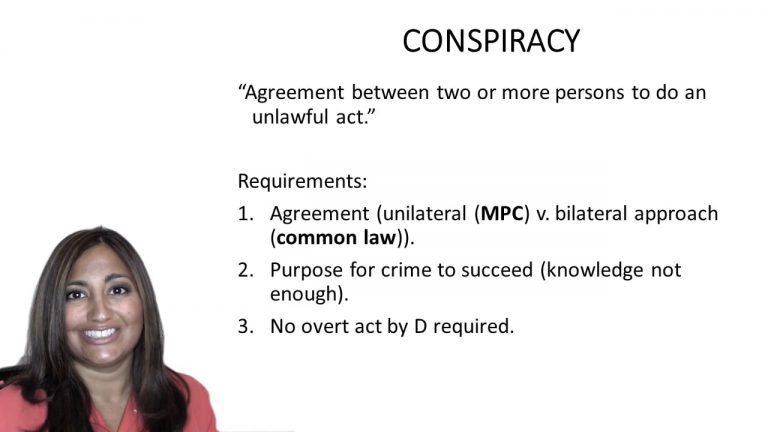SmartBrief
Confirm favorite deletion?
Criminal Law Keyed to Osler
United States v. Chandler
Citation:
388 F.3d 796 (11th Cir. 2004)Facts
The fastfood chain McDonalds, was running a marketing campaign that was monopoly themed, where people who purchased food from McDonals would get stamps and could use them to redeem prizes. Jacobson was the Director of Security for the company hired to orchestrate the monopoly game, and in his position was responsible for disseminating the high-value stamps. Jacobson embezzled these stamps. He then got friends, family, and others to work as recruiters for him and find other people to give the winning, stolen stamps to. These third-string individuals were around the country, got cash prizes for the stamps, and then shared the money to their recruiter and then to Jacobson.
The defendants early on focused on whether the allegations in the indictment showed that they had knowledge that they were committing an unlawful act. Nowhere in the indictment does it say that the defendants, besides Jacobson, knew the stamps were stolen. The government argued that their knowledge of whether the stamps was stolen was irrelevant, and the district court judge denied the defendant’s motion to dismiss the charges. The defendants consistently argued that the government had a problematic interpretation of McDonald’s game rules and even so, violating the game rules does not constitute a crime. The judge also granted a motion in limine that barred the defendants from testifying or arguing that the defendants did not have knowledge of Jacobson’s theft, and that theft was essential for their conviction. Defendants were all convicted by jury.
Only StudyBuddy Pro offers the complete Case Brief Anatomy*
Access the most important case brief elements for optimal case understanding.
*Case Brief Anatomy includes: Brief Prologue, Complete Case Brief, Brief Epilogue
- The Brief Prologue provides necessary case brief introductory information and includes:
Topic:
Identifies the topic of law and where this case fits within your course outline.Parties:
Identifies the cast of characters involved in the case.Procedural Posture & History:
Shares the case history with how lower courts have ruled on the matter.Case Key Terms, Acts, Doctrines, etc.:
A case specific Legal Term Dictionary.Case Doctrines, Acts, Statutes, Amendments and Treatises:
Identifies and Defines Legal Authority used in this case.
- The Case Brief is the complete case summarized and authored in the traditional Law School I.R.A.C. format. The Pro case brief includes:
Brief Facts:
A Synopsis of the Facts of the case.Rule of Law:
Identifies the Legal Principle the Court used in deciding the case.Facts:
What are the factual circumstances that gave rise to the civil or criminal case? What is the relationship of the Parties that are involved in the case.Issue(s):
Lists the Questions of Law that are raised by the Facts of the case.Holding:
Shares the Court's answer to the legal questions raised in the issue.Concurring / Dissenting Opinions:
Includes valuable concurring or dissenting opinions and their key points.Reasoning and Analysis:
Identifies the chain of argument(s) which led the judges to rule as they did.
- The Brief Prologue closes the case brief with important forward-looking discussion and includes:
Policy:
Identifies the Policy if any that has been established by the case.Court Direction:
Shares where the Court went from here for this case.
Topic Resources
Topic Outline
Topic Refresher Course
Topic Charts & Notes

 10m 19s
10m 19s